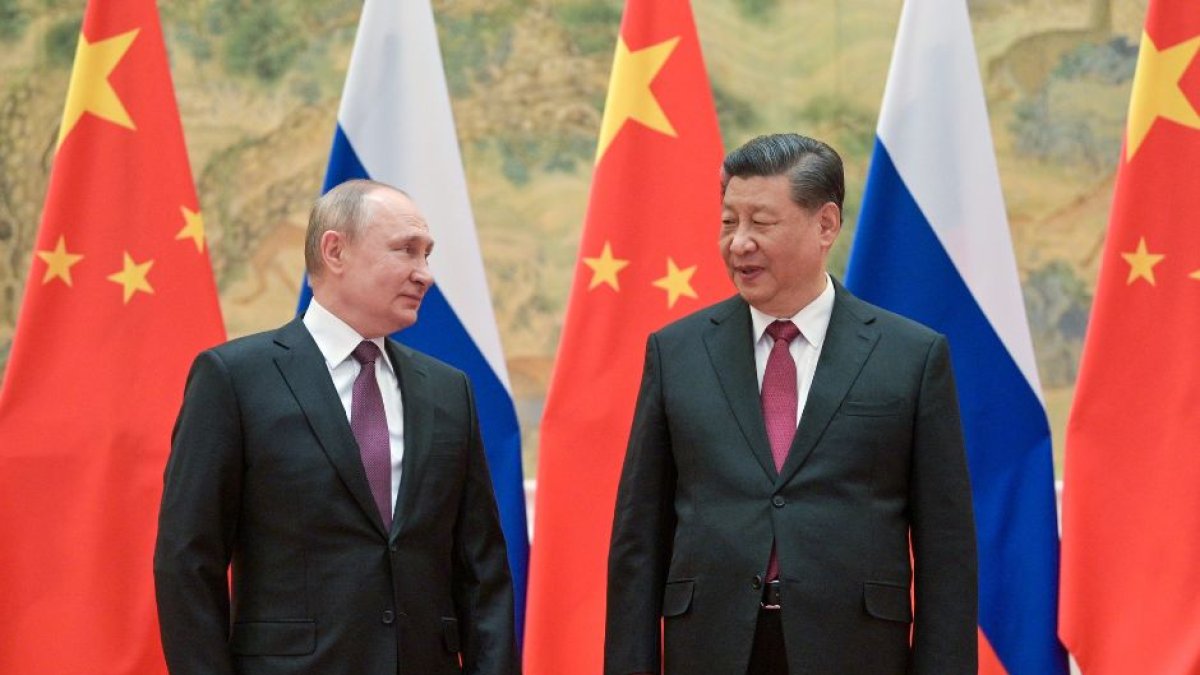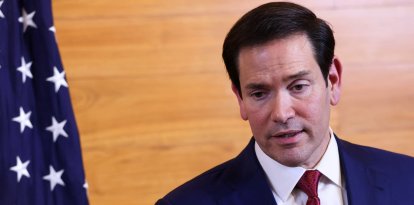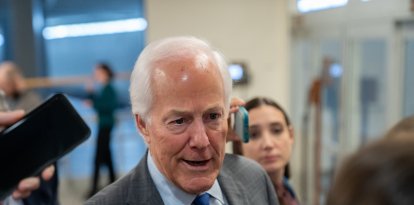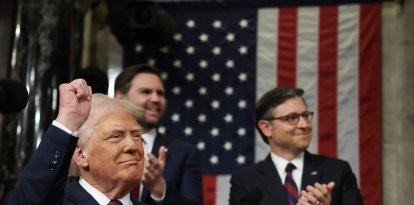White House warns of a "tumultuous decade" with China and Russia as main threats
The National Security Strategy calls for "greater global cooperation" and "accountability" to address "climate change, energy costs, inflation and pandemic diseases."

Cordon Press
The United States faces "a decisive decade" for the future of the world. And it does so with China - the great economic, military and geopolitical rival - and Russia - "weakened but aggressive" - as the main threats to stability. To ensure "a free, open, prosperous and secure world" under U.S. leadership, the National Security Strategy (NSS) "calls for greater global cooperation and for nations to assume their responsibilities." In addition, the document links major international challenges to domestic policy, in what can only be seen as a nod to the midterms.
The report, whose publication was delayed several months by the invasion of Ukraine, warns that the next few years will be "tumultuous." The paper notes that the Russian attack on its southern neighbor "has created a more insecure world," adding to "climate change, energy costs, inflation and pandemic diseases" as major transnational challenges. It is precisely these points that allow Biden to unite national and international politics: "they are at the very heart of national and international security and must be treated as such."
China, great rival; Russia loses strength
However, undoubtedly, and this is what the NSS reports, the main challenge will be the determination of China and Russia to put an end to what they call "the unipolar world" that currently exists, dominated by the US and its allies. It should be noted that, until now, the two powers were treated jointly in these documents. However, the development of the Ukrainian war, and the inability of the Russian army to achieve its objectives, even suffering major setbacks, put them in different catagories on this occasion.
Right now, it reflects a Russia that, despite having the ability to "create a more insecure world," as it has demonstrated in Ukraine, is not a direct military rival to the U.S. military. However, the NSS does present Russian President Vladimir Putin as a major threat. The report states that the Kremlin poses an "immediate and persistent threat to international peace and stability."
The U.S. "will have to invest heavily."
The great rival that emerges is Beijing. "It is the only competitor with the intent to reshape the international order and, increasingly, with the economic, diplomatic, military and technological power to do so." "Beijing has the ambition to create a larger sphere of influence in the Indo-Pacific and to become the world's leading power," the document surmises. To this end, "it is using its technological capabilities and its growing influence over international institutions to create more permissive conditions for its own authoritarian model, and to shaping the use of technology and global norms to privilege their interests and values. Beijing often uses its economic power to coerce countries."
According to the NSS, Washington, in order to maintain its "competitive edge" and maintain global leadership "must make major investments in infrastructure and economic programs at home." In addition, the report notes the need for the US to be able to collaborate with its main rivals, such as China, in order to succeed in its stated objectives, for example with regard to climate change.

























